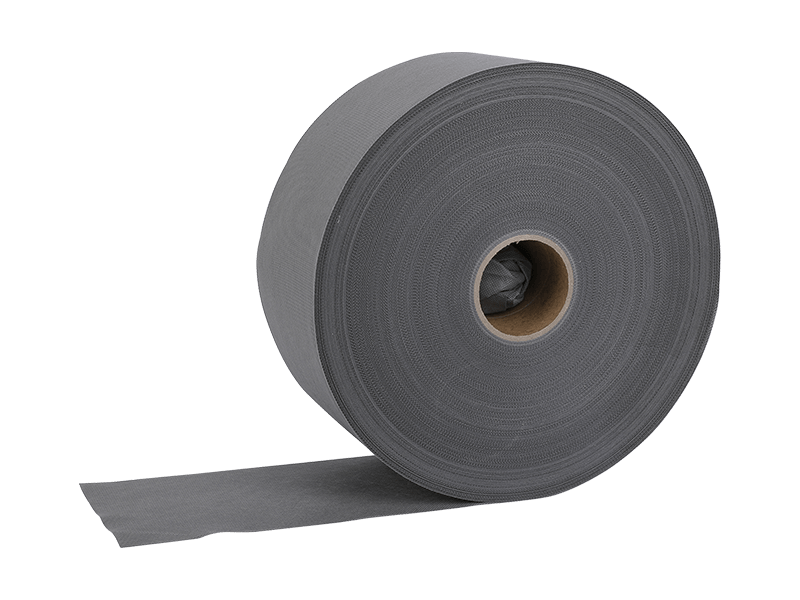With the emphasis on environmental protection and sustainable development,
industrial nonwoven fabric, as an environmentally friendly material, is gradually being widely used. Industrial nonwoven fabric has made important contributions to sustainable development with its degradable, recyclable, non-toxic and harmless characteristics. This article will explore the applications and advantages of industrial nonwovens in sustainable development.
Degradable and recyclable
Industrial nonwoven fabric uses non-woven fabric manufacturing technology, which is different from the traditional textile manufacturing process and does not require spinning and weaving. It is formed from fibers directly through hot melting, bonding and other processes, so it has good degradability. During use, industrial nonwoven fabric can naturally decompose, reducing environmental pollution. In addition, industrial nonwoven fabric can also be recycled and used in the production of recycled materials to reduce resource consumption.

Alternative to traditional materials
Industrial nonwoven fabric can replace traditional materials such as plastics, paper and textiles in many areas. In comparison, industrial nonwoven fabric has better environmental performance. It does not contain harmful substances, does not release toxic gases, and is harmless to the human body and the environment. At the same time, industrial nonwoven fabric also has good water resistance, breathability and wear resistance, and can meet the needs of different fields.
Energy conservation, emission reduction and resource protection
The manufacturing process of industrial nonwoven fabric is relatively simple and does not require large amounts of energy and water resources. Compared with traditional textile manufacturing processes, the production of industrial nonwoven fabrics can save energy and reduce carbon dioxide emissions. In addition, the recyclability and degradability of industrial nonwoven fabric also help reduce the demand for raw materials and protect natural resources.
Industrial nonwoven fabric has made important contributions to sustainable development with its degradable, recyclable, non-toxic and harmless characteristics. Its degradability and recyclability reduce environmental pollution, the application of replacing traditional materials reduces resource consumption, and its energy-saving and emission-reducing characteristics also help protect the environment. As an environmentally friendly material, industrial nonwoven fabric will play an increasingly important role on the road to sustainable development.


